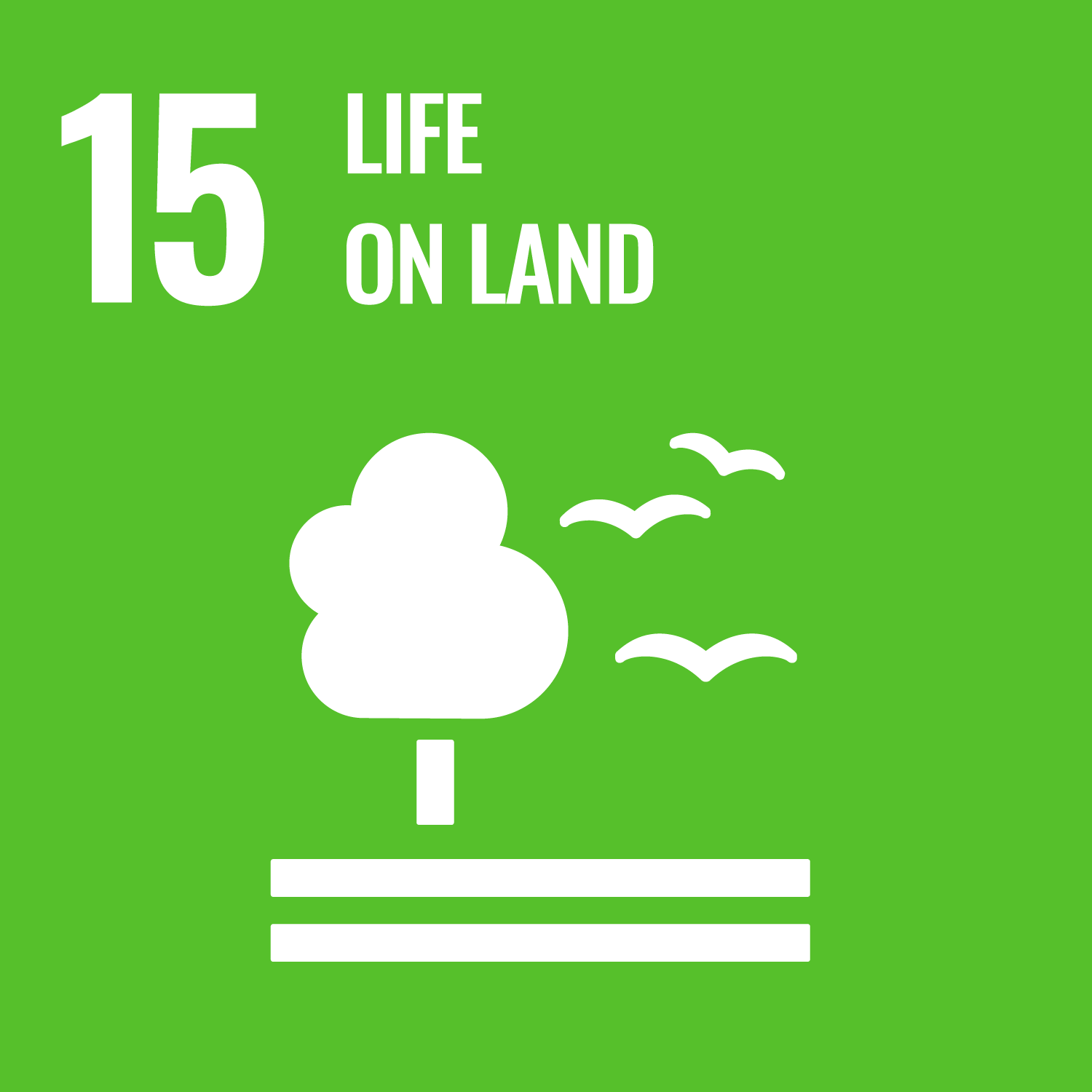ORCID
- John Martin: 0000-0003-3363-8855
Abstract
Since the Millennium Ecosystem Assessment in 2005, interest has increased in cultural ecosystem services (CESs) research to understand the complexity of the non-material benefits that people obtain from ecosystems. The intangible and interactive characteris-tics of CESs present many challenges regarding how to approach, quantify and even de-fine CESs. In this paper, we suggest looking at CESs through the lens of embodied and situated cognition theories. We advocate that such an approach should be applied to the development stage of CES research projects, as the embodied and situated experience of the site aids the development of research questions and future interventions. We de-scribed a case study—namely, the Environmental Empathy Research Challenge, which took place during the ColLaboratoire 2020 Research Residency in the Philippines. This case shows how interactive, embodied and situated workshops, such as Embodied Em-pathy and Walking Maps, contributed to developing a research proposal and a novel re-search framework, ecological embodied cognition (EEC). EEC focuses on the concept of environmental empathy to redefine the human-environment relationship. Further, based on an example of a participatory research activity, Sensing-Playing-Moving, we examined how interventions founded upon EEC principles enhance environmental empathy.
DOI Link
Publication Date
2022-01-01
Publication Title
Avant
Volume
13
Issue
1
ISSN
2082-6710
Acceptance Date
2022-02-28
Deposit Date
2024-06-14
Additional Links
Keywords
Ces, Embodied cognition, Environmental empathy, Land-scape, Participatory research, Situated cognition
Recommended Citation
Łucznik, K., Serrano, J., & Martin, J. (2022) 'An Exploration of the Contribution of Embodied, Situated Research Strategies to Cultural Ecosystem Services and Landscape Assessment Frameworks: An Environmental Empathy Case Study', Avant, 13(1). Available at: 10.26913/avant.202202



